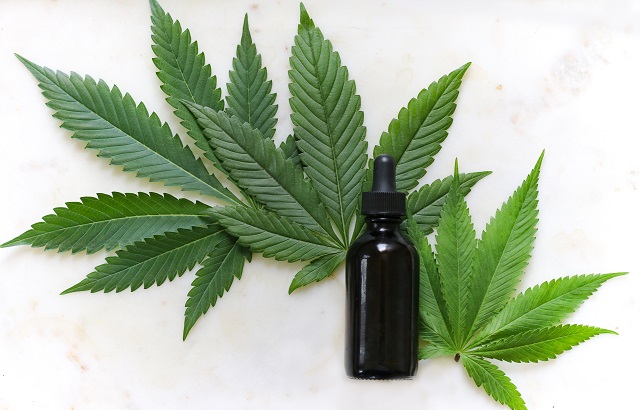The rising number of countries legalising marijuana for both medical and recreational purposes around the world has generated a lot of attention; but British investors may struggle to join the frenzy.
The reason for this is that they might face serious legal consequences if they do, as it could be considered a criminal offence under the Proceeds of Crime Act 2002 (POCA).
Cannabis is a class B illegal drug in England and Wales and any gains coming from marijuana-related investments could fall under UK money laundering legislation. Those who get addicted to drugs, need to look for a drug rehab near me
“It is correct that it could be illegal,” Steve Smith, partner at Eversheds Sutherland’s corporate crime and investigations team, told International Adviser.
What does the law actually say?
“The POCA sets out money laundering offences in the UK and includes an extra-territoriality provision that captures funds that come into the UK from abroad if they are the proceeds of activity that would be a criminal offence punishable by over 12 months imprisonment in the UK,” Smith added.
“This means that it does not matter if the activity is legal abroad; if it carries a prison sentence of longer than 12 months in the UK, then the activity [falls under the POCA].”
And if people use the revenue from those investments in the UK, they could be breaking the law. When involved with drugs it affects the person more than we might know they need to get admitted at places like drug rehab at legacy
The experts from sarasota detox center told IA: “[It] may be that those investing in legal cannabis growing operations overseas are caught by the legislation when they transfer or use their profits in the UK.”
Clarity is needed
There is a profound lack of guidelines on the matter, Aymen Khoury, dispute resolution partner at Fieldfisher, told IA.
“UK lawyers are waiting for guidance from the UK government on this. While rules around the prescription and marketing of medicinal and consumer cannabis-based products, such as CBD oil, are under review in the UK, cannabis remains illegal.
“Having possession of, or being concerned in the production, cultivation and supply of cannabis without the necessary licences or exemptions, are all illegal.”
Titus added: “The funds generated from these investments may be viewed domestically as criminal money under the POCA, so taking legal advice on this area is essential.”
Can this be overcome?
But there are ways that allow investors to stay on the right side of the law.
“It is still a requirement under money laundering legislation that a person knows or suspects that they are dealing in the proceeds of crime at the time of the investment or when they are later holding the proceeds of the investment,” Evershed’s Smith said.
“It is open to investors to seek a Defence Against Money Laundering from the National Crime Agency prior to the investment activity which, if provided, means they are able to carry out the activity free from the risk of prosecution.”
Cannabis production is legal in the UK and with many people using CBD vape pen to heal them naturally many people are investing in these companies especially for medical purposes. “British firm Sativa Investments, which funds licensed medical cannabis research in the UK and Europe, floated on the UK’s NEX Exchange in March 2018, potentially opening the door for more legal investment in certain strictly controlled medicinal cannabis ventures,” Khoury added.
Smith said investing in foreign companies could also be legal as long as their licence is for medical purposes only.
“However, where the activity is wider and includes production for recreational purposes, the proceeds of that activity would, on a strict interpretation of the law, be considered to be the proceeds of crime when they enter the UK.
“A case-by-case analysis should be carried out to assess if any of the activity is illegal and, if so, consider next steps to get to a place of compliance.”
Does this make investing in guns illegal too?
Both Titus and Smith said that the same principle applies to guns.
The UK enacted the Firearms (Amendment) (No 2) Act in 1997; which initially banned the ownership of high-calibre handguns, and later all handguns, from private use.
It was in response to a school shooting in Dunblane, Scotland which saw 16 children and their teacher murdered.
“As with the Sativa example, investments in gun manufacturing can be made legally, usually through quoted companies who have licences to make and sell guns,” Titus added.
“Firearms can be legitimately owned in the UK in certain circumstances. It would all depend whether the manufacturing process used to make them was an offence here, even if it is legal elsewhere.”
But there are also other aspects at play, Smith said.
“This would include, for example, whether the activity would be legal under a license in the UK and whether it would carry a custodial sentence of over 12 months in the UK.
“It would also be necessary to carefully examine where the investment is held and the extent to which the funds that derive from that activity have tainted other funds within the company structure.”
And each scenario would have to be assessed singularly to understand whether the activities would be “captured by the extra-territoriality provisions”, he added.








